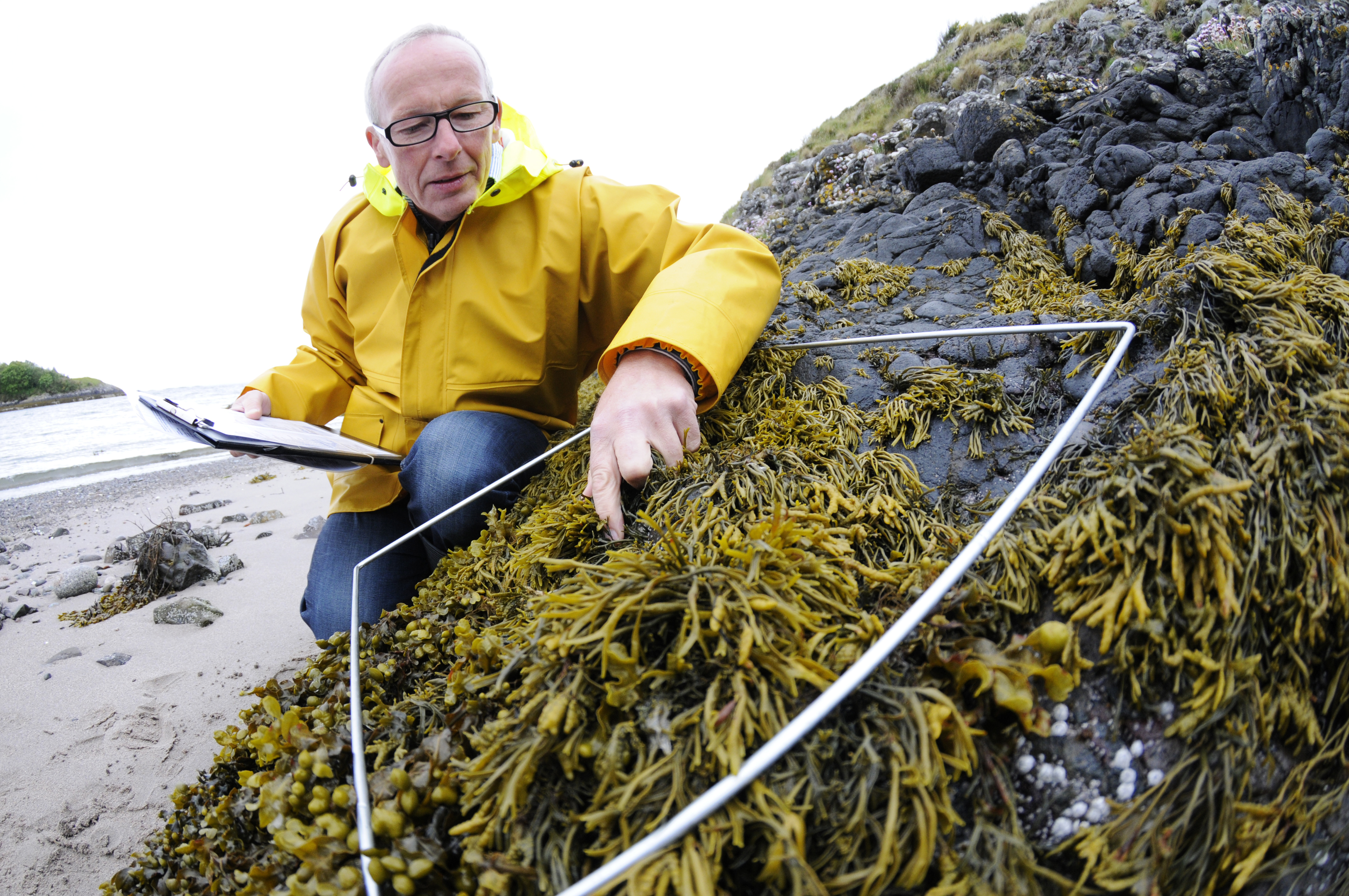A marine laboratory at Oban is part of a £1.7million national project to train “citizen scientists” to survey the coast.
Designed to further our understanding of how the marine environment is responding to global climate change, the Capturing our Coast project will train more than 3,000 volunteers – making it the largest marine citizen science project ever undertaken in the UK.
Collecting data around key indicator species, it is hoped the new research will help inform future policy and conservation strategies.
The Scottish Association for Marine Science (Sams), based at Dunstaffnage, is the only Scottish partner involved in the UK-wide survey and is encouraging people living near the coastline to play their part.
Professor Mike Burrows of Sams said: “We are living in a time of rapid climactic change that has not been seen in millions of years. This is an opportunity to document changes in the natural world that may reflect that.
“We are not looking for people to become experts overnight but if a lot of people can gather evidence on little changes, we can fit that into a bigger picture. As scientists, we can’t be everywhere but people can tell us what’s going on in their own back yard and we can collectively gather the evidence.
“We would like to hear from keen naturalists and people who love the outdoors but the training given as part of the project is also a great opportunity for those who would like to find out more about the natural environment.”
Funded by the Heritage Lottery Fund, Capturing our Coast is led by Newcastle University’s Dove Marine Laboratory and also involves the universities of Hull, Portsmouth and Bangor.
Project leader Dr Jane Delany, a senior lecturer in the School of Marine Science and Technology at Newcastle University, said: “Collecting this information about our coastlines is vital if we are to protect them for the future but we can’t do it without the help of the public.
“What this project aims to do is develop a network of citizen scientists who can help us build an accurate picture of marine life all around the UK – a baseline against which we can better understand the impact of climate change and other environmental and human factors.”
The project will be open for volunteers wanting to take part from September 2015. For more information and to register interest please email bigseasurvey@ncl.ac.uk.
